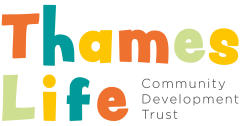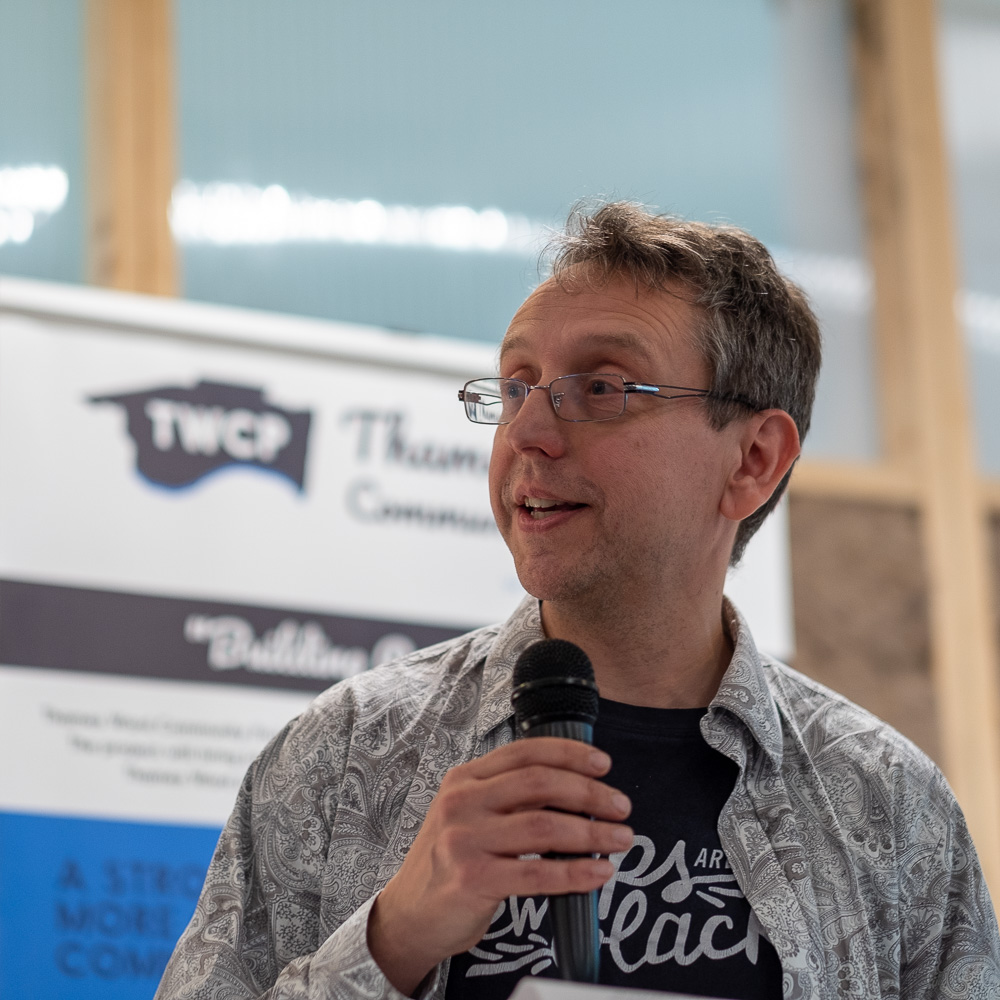1. Palm to palm.
2. Right palm over left dorsum and left palm over right dorsum.
3. Palm to palm fingers interlaced.
4. Backs of fingers to opposing palms with fingers interlocked.
5. Rotational rubbing of right thumb clasped in left palm and vice versa.
6. Rotational rubbing, backwards and forwards with clasped fingers of right-hand left palm and vice versa.
How do you wash your hands of something? Some bold ambitious policy statement that politicians make but then it fails as most public policy does. Try the above. Send out technical manuals so everyone knows what to do and can practice together.
Seriously – most public policy fails most of the time. It doesn’t achieve what it set out to do. But read evaluations and corporate communications and everything has to be a success even when it mostly isn’t. All that is solid melts into PR. Residents were listened to, communities were involved at every possible stage, and everyone is deeply happy even when they are not.
One of the questions I wonder about is why do we go along with the pretence? A kind of open conspiracy against social change. People seem strangely frozen within the institutions and communities. In Japan they say: ‘the nail that stands out gets hammered down’ and I’ve seen that response many times, close-up and personal. The standard response to community work that shifts power is to shut it down. Fear and spite is the flip-side of a paternalism and there is a lot of it about. I think it is more than that though.
My sense is many of us don’t feel it could be any different. That any kind of change is not on the agenda. Although everyone has a voice most people don’t feel they can use it. There’s a vacuum that more unscrupulous transactional people seize but only because they are allowed to.
If you don’t act, you will be acted upon. And mostly we don’t act decisively – things happen to us. Those things are for our own good – everything that happens will be attached to a policy that is always and only a stunning success. So it goes.
My solution: have an honest conversation. Ask questions and don’t accept answers. Always question answers. If something sounds too good to be true it probably is. Historically power is rarely or never given – it is taken. It is contested, argued over. It can be done amicably and lead to much better outcomes for all, but it means taking a risk.
Issue / solution / action
The only way to break free from policy failure is to keep asking questions. Questions pinpoint issues. These issues become an agenda and an action plan. Having a plan and working that plan is about developing and testing solutions and taking action, over and over again. If you want change you have to take action and not leave it to others who have great PR but a disappointing track record. Part of our task is also to create the spaces where people can grow in confidence and self-belief to take collective action, to learn and work together in more authentic partnership.
But it only works if you ask questions. You have to question if the person in control really knows what they are doing, if the policy is really working, you have to be willing to disrupt the present to claim the future. Next time you go to a meeting give it a go.
TWCP Director



